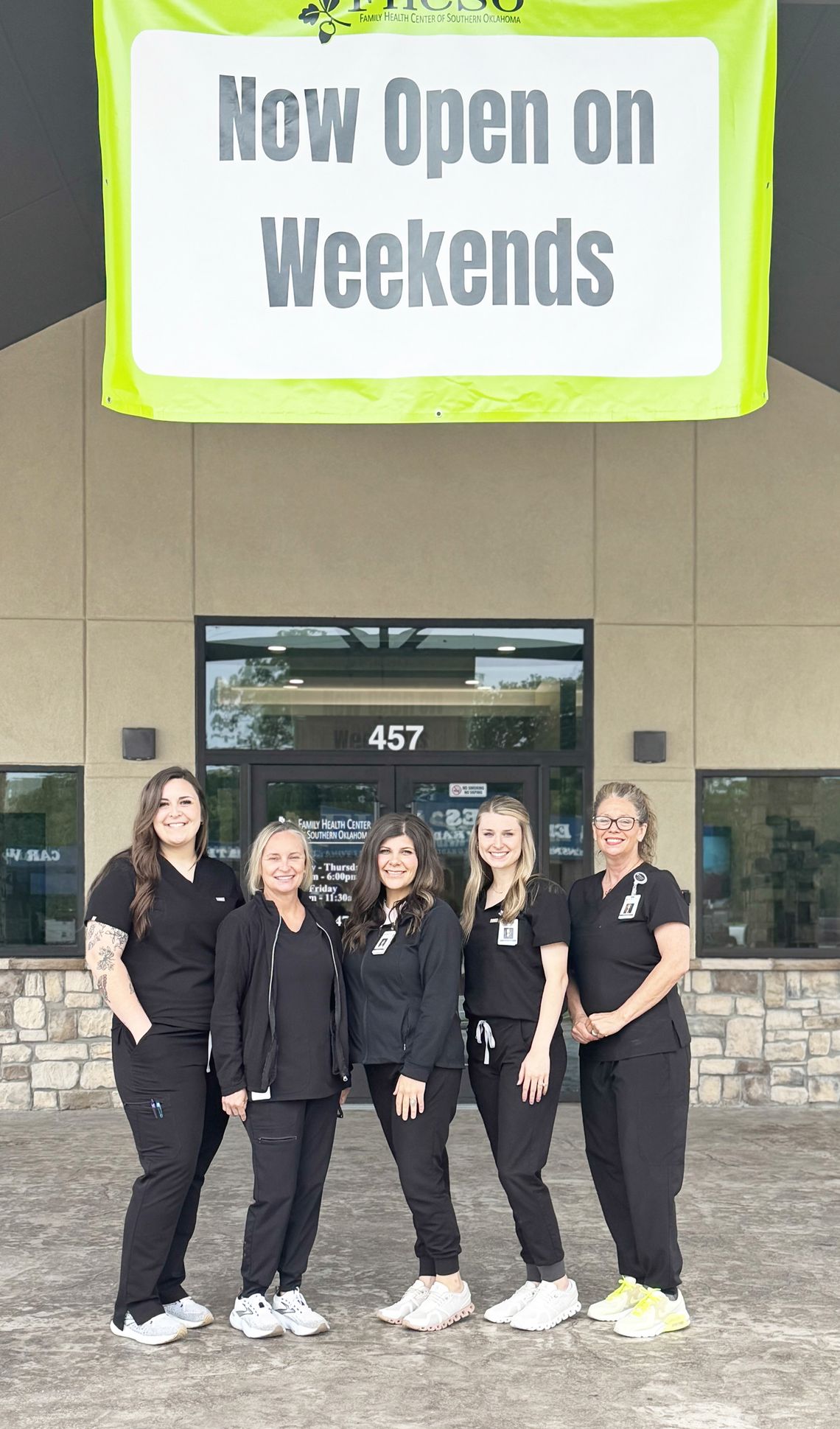Health centers provide care to all patients, regardless of their ability to pay. By expanding evening and weekend hours, more patients, especially those who lack sick leave or face transportation, childcare, or other challenges during typical business hours—will have access to the care they need.
The Health Resources and Services Administration (HRSA), an agency within the U.S. Department of Health and Human Services (HHS), has announced support for the Family Health Center of Southern Oklahoma, Inc. (FHCSO), a HRSA-funded community health center that served 10,958 individuals last year. This support will enable FHCSO to expand its hours of operation and improve access to health care by adding evening and weekend hours.
Because FHCSO serves patients regardless of their ability to pay, expanding hours is especially important for individuals who are uninsured, underinsured, or covered by Medicaid—many of whom face barriers accessing care outside traditional business hours.








